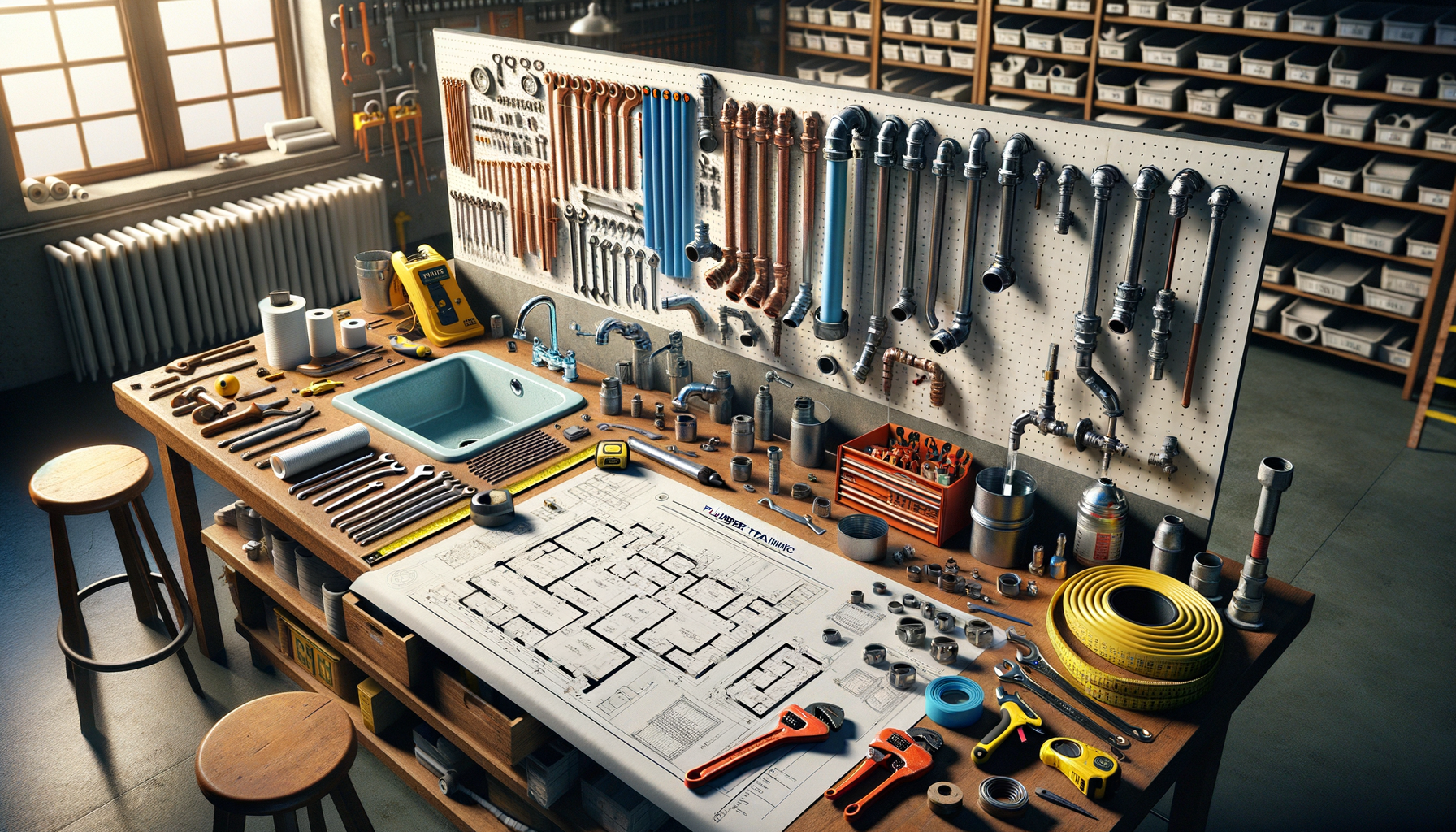
Plumber Training Opportunities in the United States
Understanding the Basics of Plumber Training
Embarking on a career in plumbing requires a solid foundation of knowledge and practical skills. Plumber training programs in the United States are designed to equip aspiring plumbers with the essentials. These programs typically cover a wide range of topics including pipe installation, water systems, and plumbing codes. The training often begins with classroom instruction, where students learn about the theoretical aspects of plumbing. This includes understanding the different types of pipes, fittings, and fixtures, as well as the principles of water pressure and flow.
Following the classroom instruction, students engage in hands-on training. This practical component is crucial as it allows trainees to apply their theoretical knowledge in real-world scenarios. Working under the supervision of experienced plumbers, trainees learn how to install and repair plumbing systems, ensuring they meet safety and efficiency standards. The training also emphasizes the importance of adhering to local building codes and regulations, which is vital for anyone looking to pursue a career in this field.
Furthermore, plumber training programs often include modules on customer service and communication skills. These are essential for plumbers who need to interact with clients and provide them with reliable solutions. By the end of the training, students are expected to have a comprehensive understanding of both the technical and interpersonal aspects of plumbing, preparing them for a successful career in the industry.
Exploring Apprenticeship Opportunities
Apprenticeships are a traditional and effective pathway to becoming a skilled plumber. In the United States, many aspiring plumbers choose this route to gain invaluable experience while earning a wage. Apprenticeships typically last between two to five years, depending on the state and the specific requirements of the program. During this period, apprentices work under the guidance of a licensed plumber, learning the trade through a combination of on-the-job training and classroom instruction.
The benefits of an apprenticeship are manifold. Firstly, it offers a practical learning environment where apprentices can hone their skills in real-time. This hands-on experience is complemented by classroom lessons that cover essential topics such as plumbing codes, blueprint reading, and safety practices. Secondly, apprenticeships provide a steady income, allowing individuals to support themselves financially while they learn. This is particularly advantageous for those who might not have the means to pursue a full-time educational program.
Moreover, completing an apprenticeship often leads to job opportunities within the company or organization where the training was conducted. Employers are more likely to hire apprentices who have demonstrated their skills and work ethic over the course of several years. This pathway not only ensures a comprehensive education in plumbing but also lays the groundwork for long-term career prospects, making it a popular choice among those entering the trade.
Certification and Licensing Requirements
After completing training or an apprenticeship, aspiring plumbers must navigate the certification and licensing process. Each state in the United States has its own set of requirements, making it essential for individuals to familiarize themselves with local regulations. Generally, obtaining a plumbing license involves passing an examination that tests both theoretical knowledge and practical skills. This exam ensures that candidates are competent in areas such as plumbing systems, safety protocols, and state-specific building codes.
In addition to passing the exam, most states require a certain amount of work experience before granting a license. This experience is usually gained through an apprenticeship or supervised work under a licensed plumber. Once licensed, plumbers must often fulfill continuing education requirements to maintain their credentials. This ensures that they stay updated on the latest industry standards and technological advancements.
Having a license is crucial for plumbers who wish to work independently or start their own business. It not only signifies professional competence but also builds trust with clients. Furthermore, a licensed plumber can take on a wider range of projects, leading to increased job opportunities and potential earnings. Understanding and fulfilling these certification and licensing requirements is a key step in establishing a successful plumbing career.


